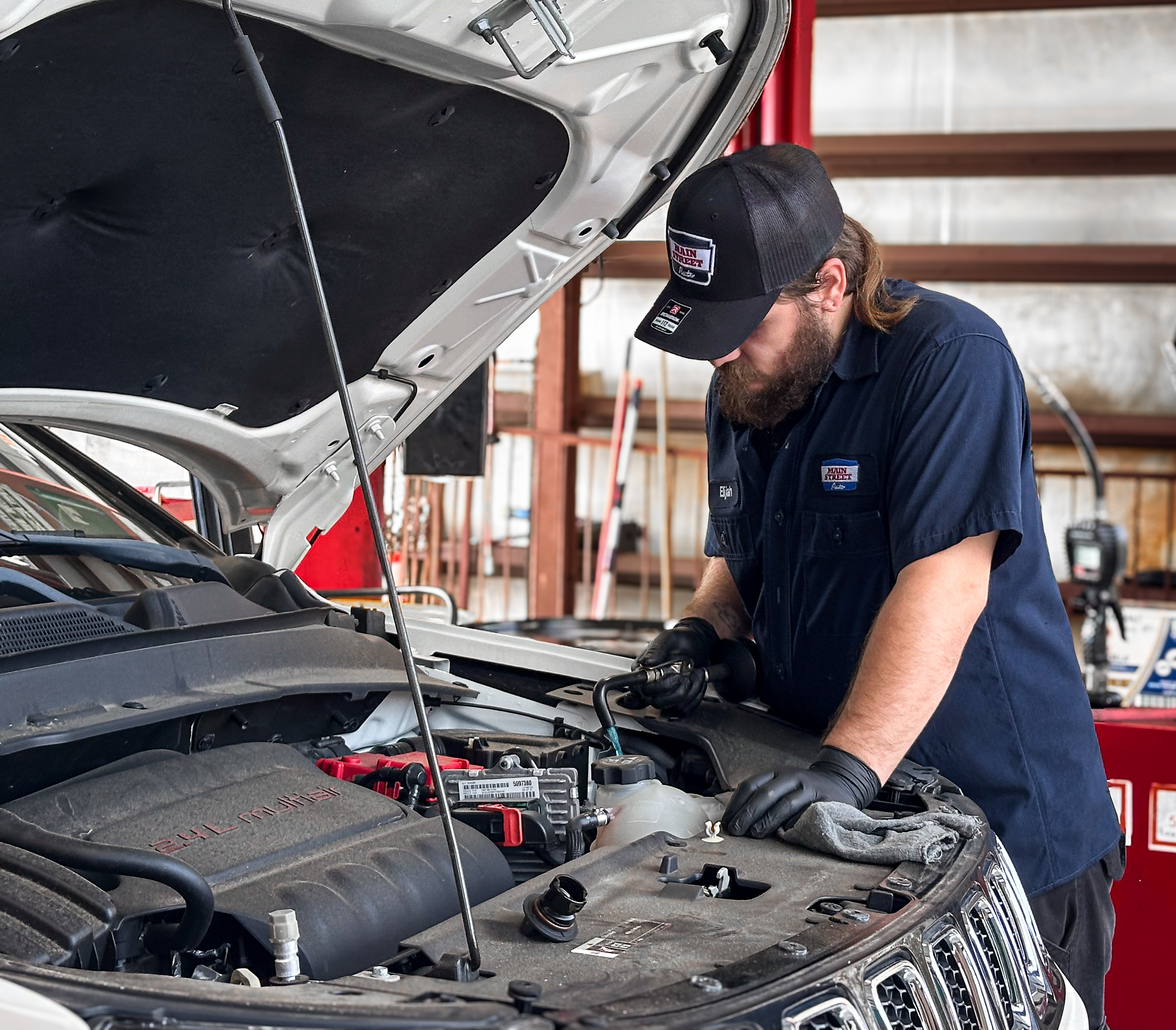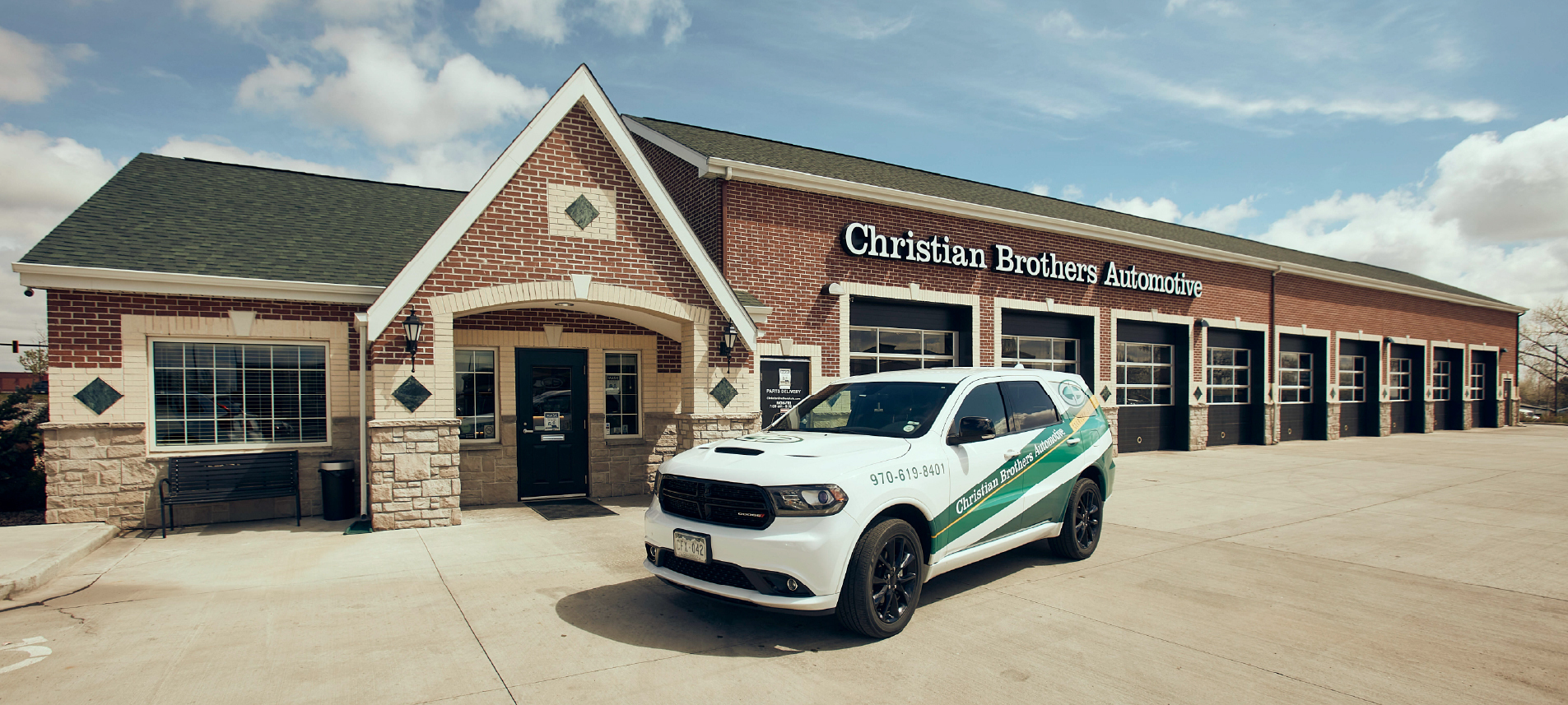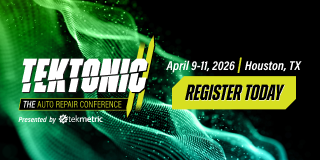Overview
Main Street Auto, a growing network of community-rooted automotive shops, has expanded rapidly under the ownership of Northern Rock – from 6 locations in 2022 to over 115 by late 2025. But growth hasn’t come at the cost of local flavor.
Main Street Auto doesn’t believe in one-size-fits-all. Their model is built around acquiring trusted neighborhood shops and letting them keep what makes them special while supporting them with systems that work at scale.
They found that platform in Tekmetric.
“Tekmetric has built an auto repair platform that anyone can use, whether you’re running a single location or managing a multi-store operation, and it comes packed with features and flexibility.” — Austin Reid, Director of Systems, Main Street Auto

The Challenge
By mid-2023, Main Street Auto had grown to 41 locations. But their shop management system wasn't keeping up. As new shops joined the network, many arrived with outdated, server-based tools that made it harder to unify operations, standardize reporting, and deliver a consistent guest experience.
Main Street Auto was looking for:
- A modern, cloud-based platform that could roll out smoothly across different shop formats
- A way to give shops the freedom to operate locally while maintaining network-wide visibility
- Flexible reporting and integration options to bring financial and operational data into one view
- A long-term technology partner who understood the unique needs of both independent shops and multi-location operators and could support the magnitude at which Main Street Auto was moving
The Solution
Main Street Auto selected Tekmetric in June 2023. The platform’s combination of intuitive design, robust feature set, and enterprise readiness made it the clear choice.
Benefits at every level:
- Service advisors and technicians enjoy a modern, easy-to-learn interface that speeds up workflows and improves customer communication.
- Local managers have the freedom to tailor services to their market, without losing process alignment.
- Corporate leaders gain visibility across all locations with real-time data, custom financial reports, and API-driven insights.
“Tekmetric gives us the freedom to make the platform whatever we need it to be. That flexibility is important to us because we operate general repair, tire, express, and heavy-duty shops.” — Austin Reid, Director of Systems, Main Street Auto
The Results
Tekmetric is now the central platform for more than 100 Main Street Auto locations across the U.S. from general repair and tire shops to express lube and heavy-duty facilities. It enables consistent operational execution, while giving each shop the tools and autonomy they need to serve their community.
The result: a single, flexible platform that supports growth, simplifies operations, and helps every shop put its best foot forward.
“Tekmetric makes it simple to present everything to the customer in a transparent, easy-to-understand way. That combination of ease of use and trust really improves ticket development and boosts ARO.” — Austin Reid, Director of Systems, Main Street Auto
What’s Next
Main Street Auto continues to grow rapidly, onboarding new shops, expanding into new regions, and refining its MSO playbook.
With Tekmetric, every new location is brought into a platform that supports community-driven service at the shop level and clear, centralized control at the corporate level.
Looking ahead, the team is also planning a transition from Shopgenie to Tekmetric Marketing, bringing customer engagement and shop operations under one roof. The goal: a true all-in-one platform to run the business and build lasting customer relationships.
“Tekmetric understands the magnitude at which we’re growing, and I’m 100% confident they will help us keep scaling rapidly.” — Austin Reid, Director of Systems, Main Street Auto










.jpg)
.jpeg)
%20(1).jpeg)
.jpeg)
.jpeg)
.jpeg)




















.svg)



.svg)